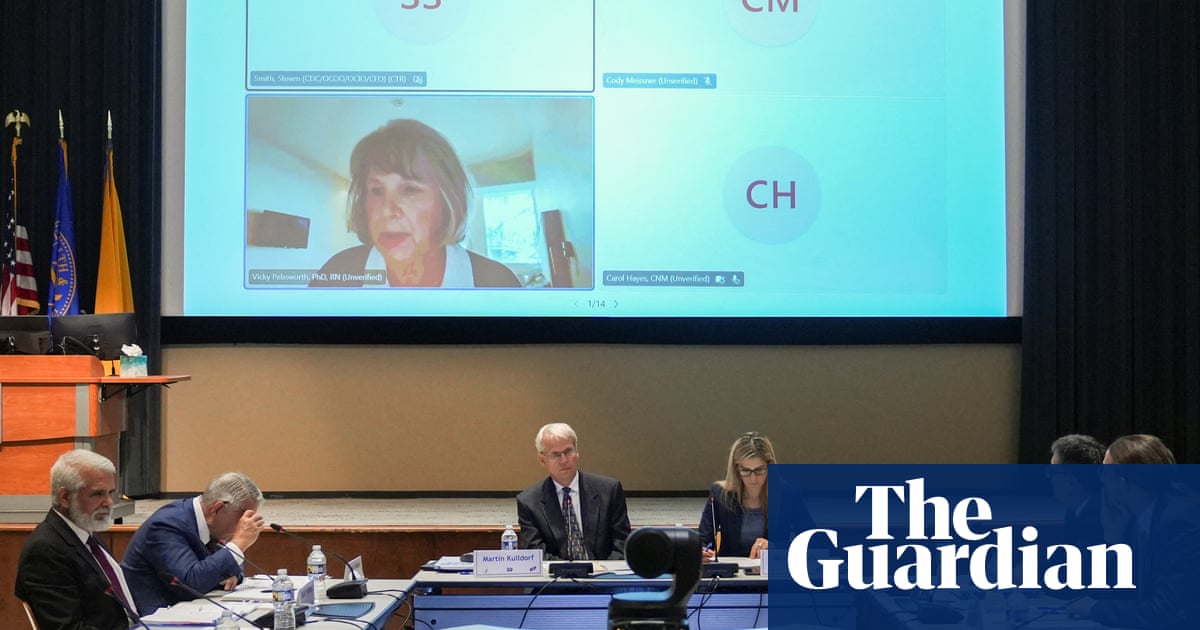US senators are receiving a classified briefing on Donald Trump’s bombing of Iranian nuclear sites, after the White House abruptly postponed the session and restricted intelligence sharing with Congress.
The delayed session with senior national security officials comes after the White House moved back its originally scheduled briefing for Tuesday, fueling Democratic complaints that Trump is stonewalling Congress over military action the president authorized without congressional approval.
“Senators deserve full transparency, and the administration has a legal obligation to inform Congress precisely about what is happening,” Senate Democratic leader Chuck Schumer said this week, calling the earlier postponement “outrageous”.
CIA director John Ratcliffe, secretary of state Marco Rubio and defense secretary Pete Hegseth are believed to be leading the briefing to senators behind closed doors. Tulsi Gabbard, the director of national intelligence, looks to be left out of the session despite being scheduled to appear at the original meeting weeks after she delivered testimony that Iran was not building a nuclear weapon.
Intelligence agencies appear to be in open dispute over the strikes’ effectiveness. A leaked draft Pentagon report found Iran’s nuclear program was set back only months, contradicting Trump and Israeli prime minister Benjamin Netanyahu’s claims of total destruction.
Gabbard and Ratcliffe scrambled on Wednesday to back Trump, with Gabbard posting on X that “new intelligence confirms what POTUS has stated numerous times: Iran’s nuclear facilities have been destroyed.”
House intelligence committee ranking Democrat Jim Himes dismissed the destruction claims as meaningless. “The only question that matters is whether the Iranian regime has the stuff necessary to build a bomb, and if so, how fast,” he posted.
The destruction response has also rankled Republican senators in the anti-interventionist wing of the party such as Rand Paul, who rejected claims of absolute presidential war powers.
“I think the speaker needs to review the constitution,” said Paul. “And I think there’s a lot of evidence that our Founding Fathers did not want presidents to unilaterally go to war.”
The Senate is expected to vote this week on a resolution requiring congressional approval for future military action against Iran, though the measure appears unlikely to pass given Republican control of the chamber.
after newsletter promotion
The White House also admitted on Thursday to restricting intelligence sharing after news of the draft assessment leaking. Press secretary Karoline Leavitt told reporters today the administration wants to ensure “classified intelligence is not ending up in irresponsible hands”. Leavitt later said the US assessed that there “was no indication” enriched uranium was moved from the nuclear sites in Iran ahead of the strikes.
Trump formally notified Congress of the strikes in a brief letter sent on Monday, two days after the bombing, saying the action was taken “to advance vital United States national interests, and in collective self-defense of our ally, Israel, by eliminating Iran’s nuclear program.”
The administration says it remains “on a diplomatic path with Iran” through special envoy Steve Witkoff’s communications with Iranian officials.

 German (DE)
German (DE)  English (US)
English (US)  Spanish (ES)
Spanish (ES)  French (FR)
French (FR)  Hindi (IN)
Hindi (IN)  Italian (IT)
Italian (IT)  Russian (RU)
Russian (RU)  4 hours ago
4 hours ago























Comments